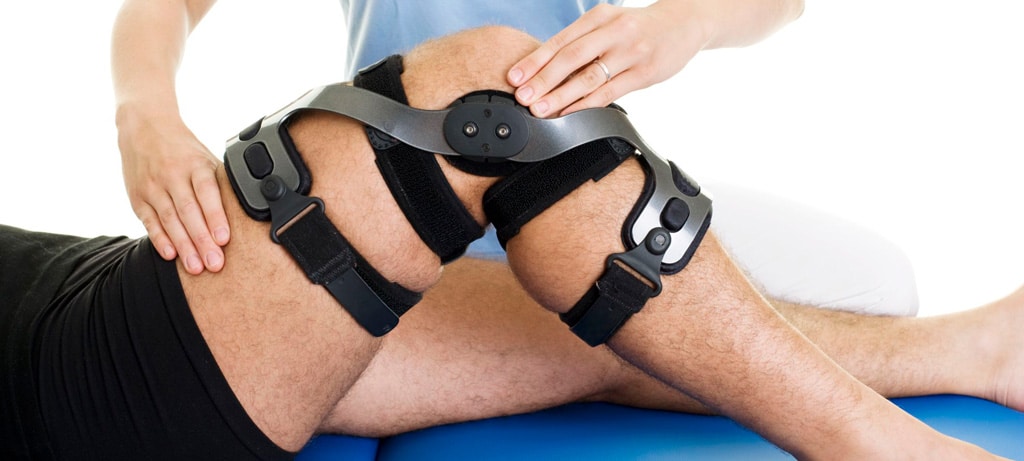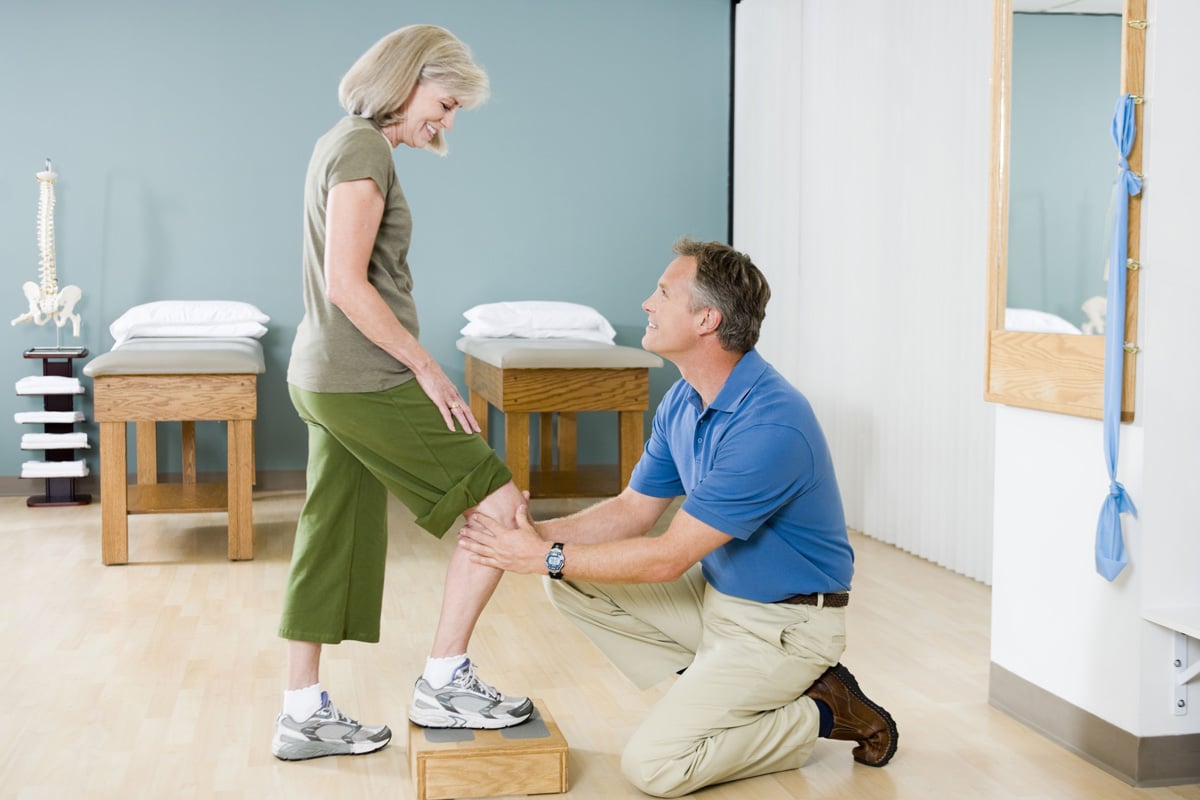Crunching sounds as you walk up hills, swelling, and chronic aches – osteoarthritis in your knee is a painful ordeal. Knee pain affects your daily life, from picking up the kids at school to working out and staying healthy. If you’re like most people, you want the pain to go away ASAP. One of the most popular ways to relieve pain is through invasive surgery.
Getting a knee replacement is definitely an option, but many people don’t need knee replacement surgery until all other options have been weighed. Indeed, some people can’t undergo knee replacement surgery at all. Other people suffering from chronic knee pain are too young for a knee replacement since an artificial knee usually lasts less than two decades. At that point, they’d have to undergo yet another surgery.
Before you go under the knife, you should know that there are several remedies that you can try on your own or with a professional’s assistance. Why go under the knife when you could solve your knee problems without surgery?
The unfortunate truth is that arthritis in your knees won’t go away. However, there are steps you can take to reduce the pain and live a more active life.

What is a Knee Replacement Procedure?
Also called a total knee replacement or knee arthroplasty, this surgical procedure resurfaces a knee damaged by arthritis. Plastic and metal parts are applied to cap the ends of the bones that form the joint of your knee, along with your kneecap.
Traditionally, knee arthroplasty involves a 7-8” cut over your knee, hospital time of about three to five days, and a relatively long recovery period when you will use a cane or walker to get around. This phase usually lasts one to three months. Though many patients find relief for their knee pain and arthritis, there are certainly documented drawbacks to total knee replacement surgery.
Reasons to Rethink Knee Replacement Surgery
If you’re considering a total knee replacement, think about these potential downfalls first:
Long-Term Knee Pain
Most folks get knee replacements to solve their chronic knee pain. Unfortunately, in some circumstances, a knee replacement surgery might cause more chronic pain than you had before. Studies show that many patients report pain after their knee replacement. Some rate their pain as more intense or equal to their prior chronic knee pain. Even years after their knee replacement, patients report that their pain gets worse, not better.
Damage Caused by Metal Ions
When you have a knee replacement your body could be damaged by wear particles. These particles are tiny pieces of plastic, metal, or ceramic that break off of your replaced joint. When they do, they can irritate the tissue around them and even enter your bloodstream. Wear particles can cause metal toxicity in your body and even create pseudotumors at the genetic level.
Higher Risk of Heart Attack
Reports suggest that patients over the age of 60 have a higher chance of experiencing a heart attack shortly after surgery- 31 times more likely, to be specific. The extreme trauma involved with knee replacement surgery is hard on the body, leading to increased stress and heart attacks.
Knee Replacement Alternatives to Consider
Most doctors would agree that a knee replacement should be a last resort. This is because sometimes, there are better options to consider first. Here are just a few:
Weight Loss
When you’re obese, you put extra pressure on your joints and knees, which results in pain over time. That pain prevents exercise; before you know it, your weight is snowballing out of control, and your knees are worse than ever. It won’t be easy, but if you can lose weight, you can reduce the load your knees must bear, lessen your pain over time, and avoid surgery.
Physical Therapy
A professional physical therapist can develop a personalized plan that works wonders for your knee pain. With physical therapy, you can strengthen specific muscles. This enhanced strength can reduce pain considerably, since your knees aren’t having to support as much of your weight. A physical therapist may suggest certain types of exercise to build up muscle strength.
Injections
You’ll want to ask your doctor about injections. Science shows that treatments like gel injections can lubricate your knee and relieve arthritis pain. Don’t forget to ask about Platelet-Rich Plasma, which uses stem cells to heal your knee.
Non-Surgical Experts for Serious Knee Pain Problems

At Denville Medical, we specialize in non-surgical treatments for knee pain. Our team of primary care physicians, chiropractors, physical therapists, and acupuncturists will create a customized holistic treatment plan to treat and correct your knee pain, even if it’s chronic by nature.
Many patients who treat at Denville Medical with chronic knee pain were previously told they needed surgery. Don’t go under the knife unless you absolutely have to. Contact us to find out how we can help!


